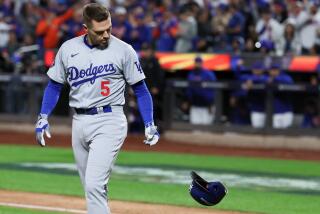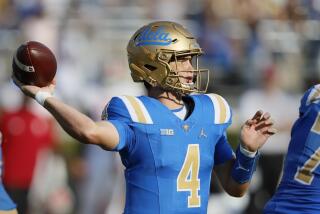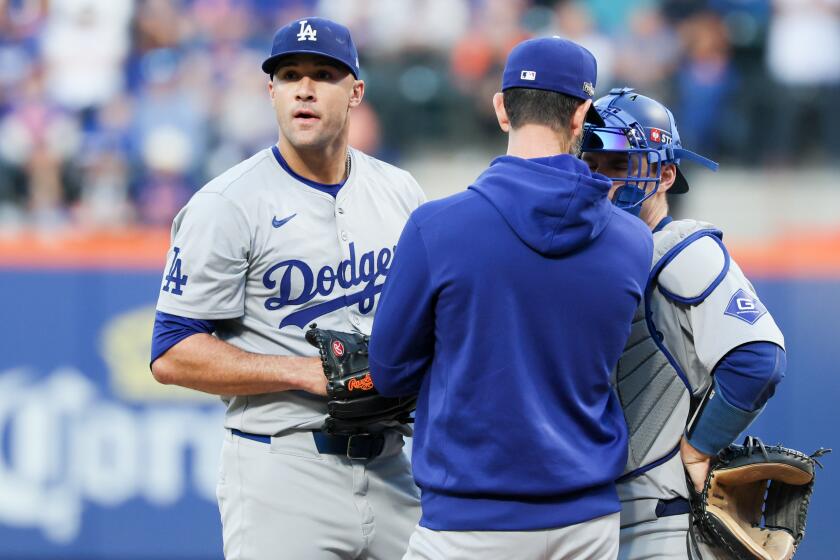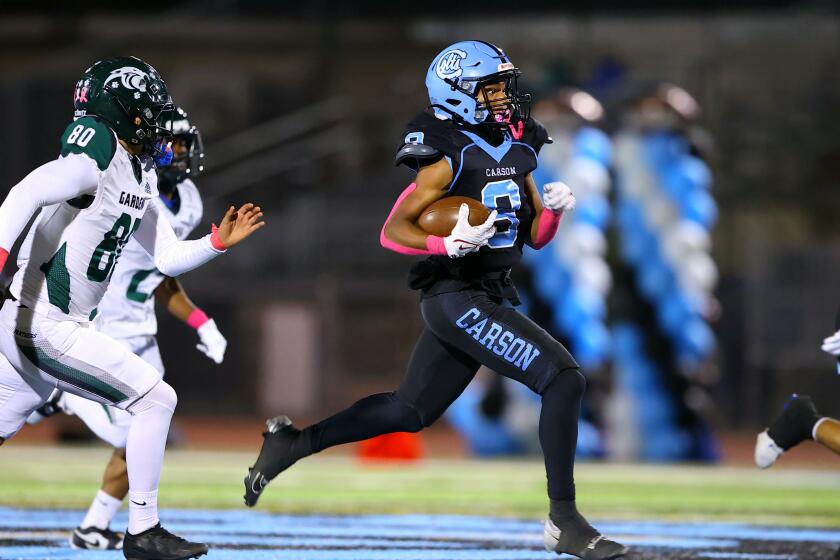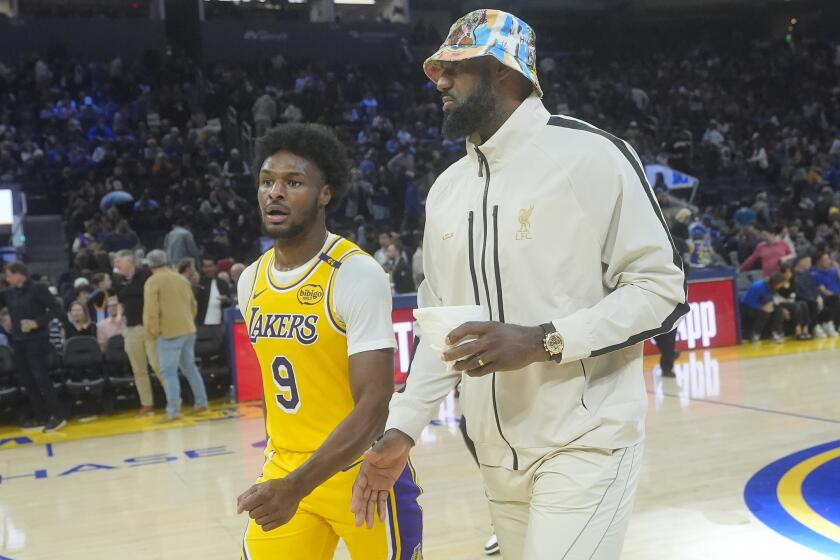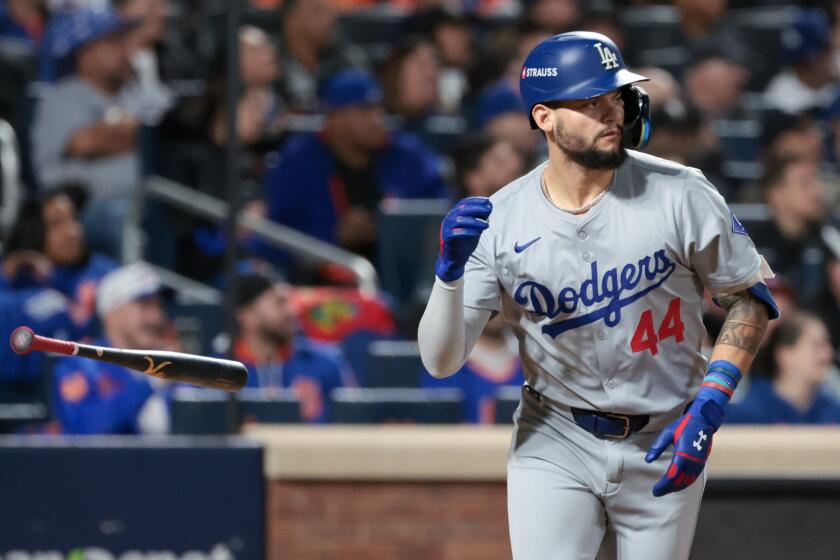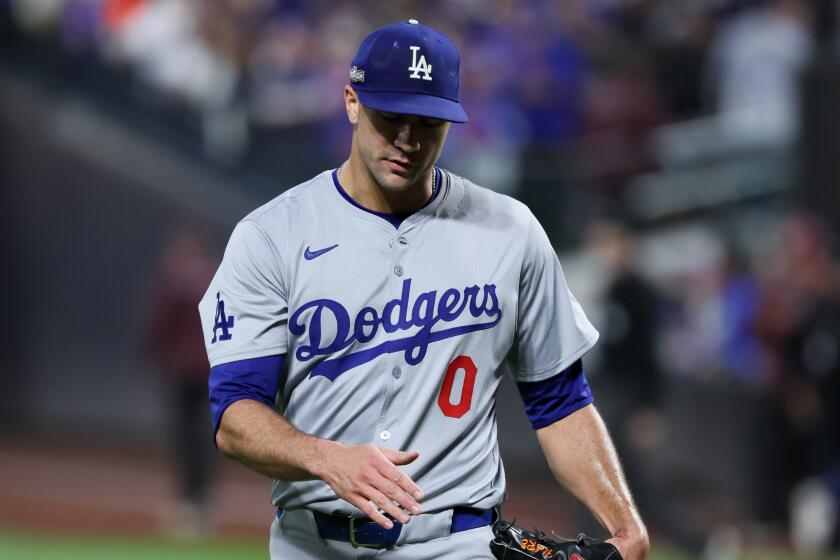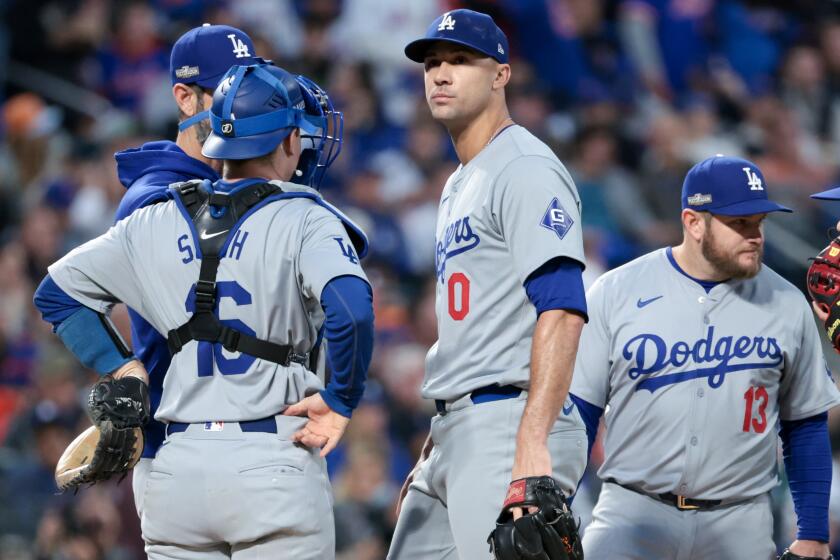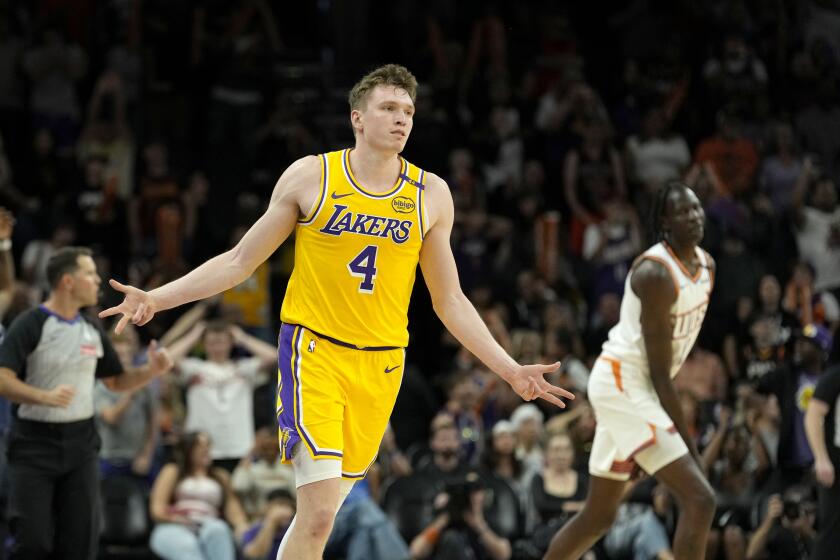Wild About The Idea
The purists went berserk back in 1993. They hated the idea. The wild card was bad for baseball. Just wait and see.
Yet only one owner voted against it.
“I made my arguments and went down in flames,” he said at the time. “History will prove me right.”
In hindsight, now-President George W. Bush, then general partner of the Texas Rangers, might take that pitch back.
To be fair, Bush was far from the only dissenting voice about the wild card. Fans were confused by the new format. Sports writers said it cheapened the regular season. Popular broadcaster Bob Costas called it “inane.” Even some players protested.
But now, 11 years later, it’s hard to imagine the postseason without eight teams and an extra round of playoffs. And thanks to the wild card, pennant fever remains alive in several cities where baseball would have been forgotten long before Labor Day.
Start at Wrigley Field in Chicago, where Cubs fans still cling to a realistic hope that this year could finally produce their first World Series title since 1908 -- even though they trailed St. Louis by 16 games in the NL Central going into Friday.
Sammy Sosa, Kerry Wood and Co. lead a wild-card race that’s packed tighter than a suitcase on a 12-game road trip. Five teams were within three games of the top spot, including San Francisco, San Diego, Houston and Florida.
“This year is probably as exciting as it can get,” said former major league All-Star and manager Hal McRae, now working in Tampa Bay’s front office.
Shoot down to South Beach, where the Marlins think they can repeat as World Series champions despite lagging eight games behind Atlanta in the National League East. After all, they won the wild card en route to stunning titles in 1997 and 2003, so why not this year?
No wonder 73-year-old manager Jack McKeon is such a fan of the system.
“I definitely think it’s important to the game today. It’s added a tremendous amount of interest in baseball at a time of year where you’d normally cash in and give in to football,” he said. “This thing won’t be decided for three or four weeks -- at least -- and that’s good for the game that it’ll come down to the last day or so.”
The Marlins won their seventh straight Thursday and were 2 1/2 games behind Chicago. They had a huge weekend series scheduled against the Cubs, though Friday night’s opener was postponed due to Hurricane Frances and the next two games Saturday and Sunday remained in doubt.
Regardless, it’s exactly the kind of exciting September matchup baseball envisioned when the wild-card proposal passed, 27-1, late in the 1993 season. (The first October with wild-card teams didn’t come until 1995 because the ’94 postseason was canceled by the strike).
“You’re really playing to the last minute of the season most cases,” Giants assistant general manager Ned Colletti said. “It’s been one of the greatest changes in baseball in years.”
But all the added drama down the stretch comes with some inherent drawbacks.
The division races were clearly diminished by including second-place teams in the playoffs. After 162 games, being the best of everyone who was second-best hardly seems worth celebrating.
“You want to win the division. You don’t think about the wild card. It’s kind of a consolation prize,” said Garret Anderson, who nonetheless led the wild-card Angels to a World Series title two years ago.
More to Read
Go beyond the scoreboard
Get the latest on L.A.'s teams in the daily Sports Report newsletter.
You may occasionally receive promotional content from the Los Angeles Times.

